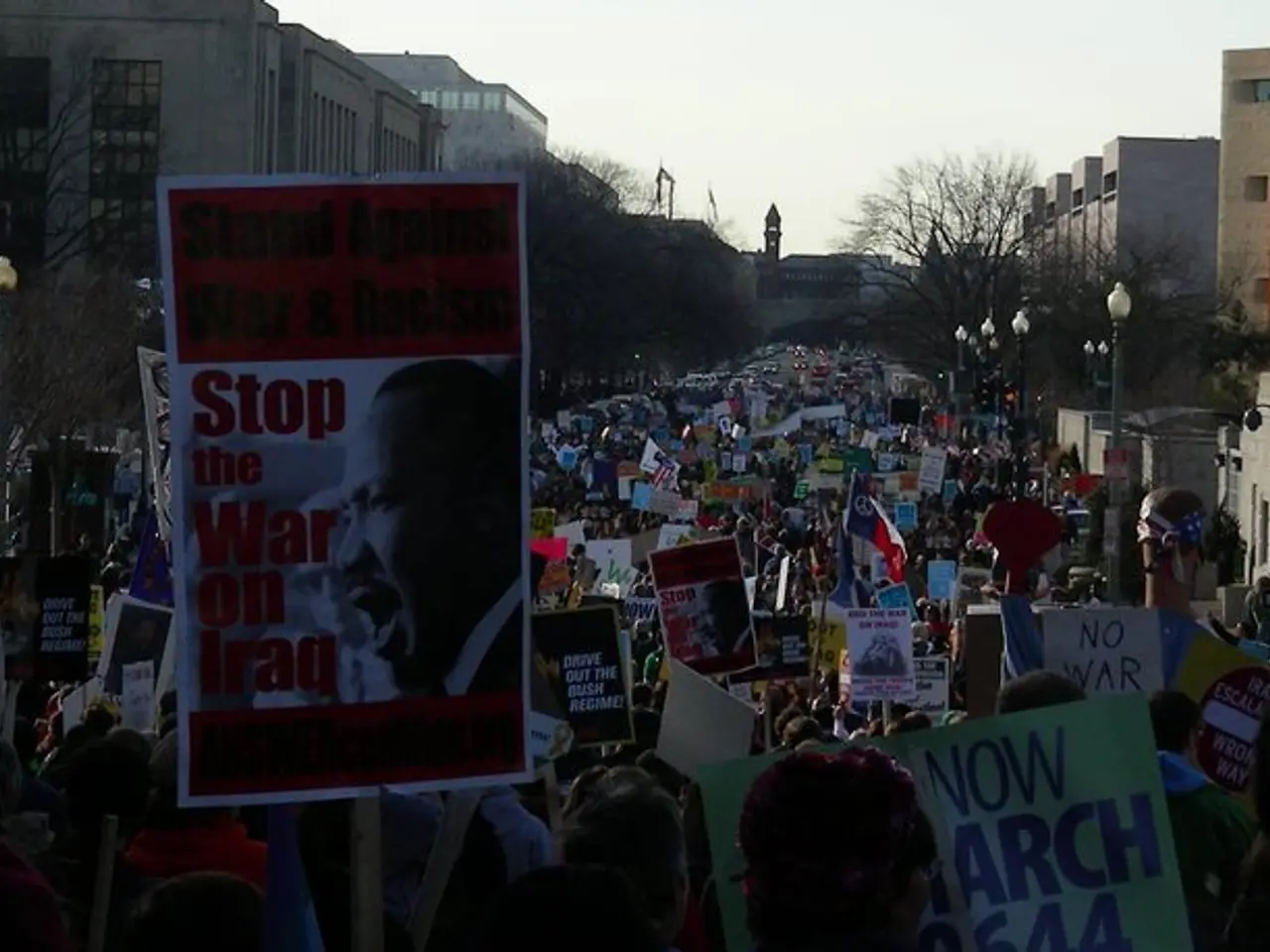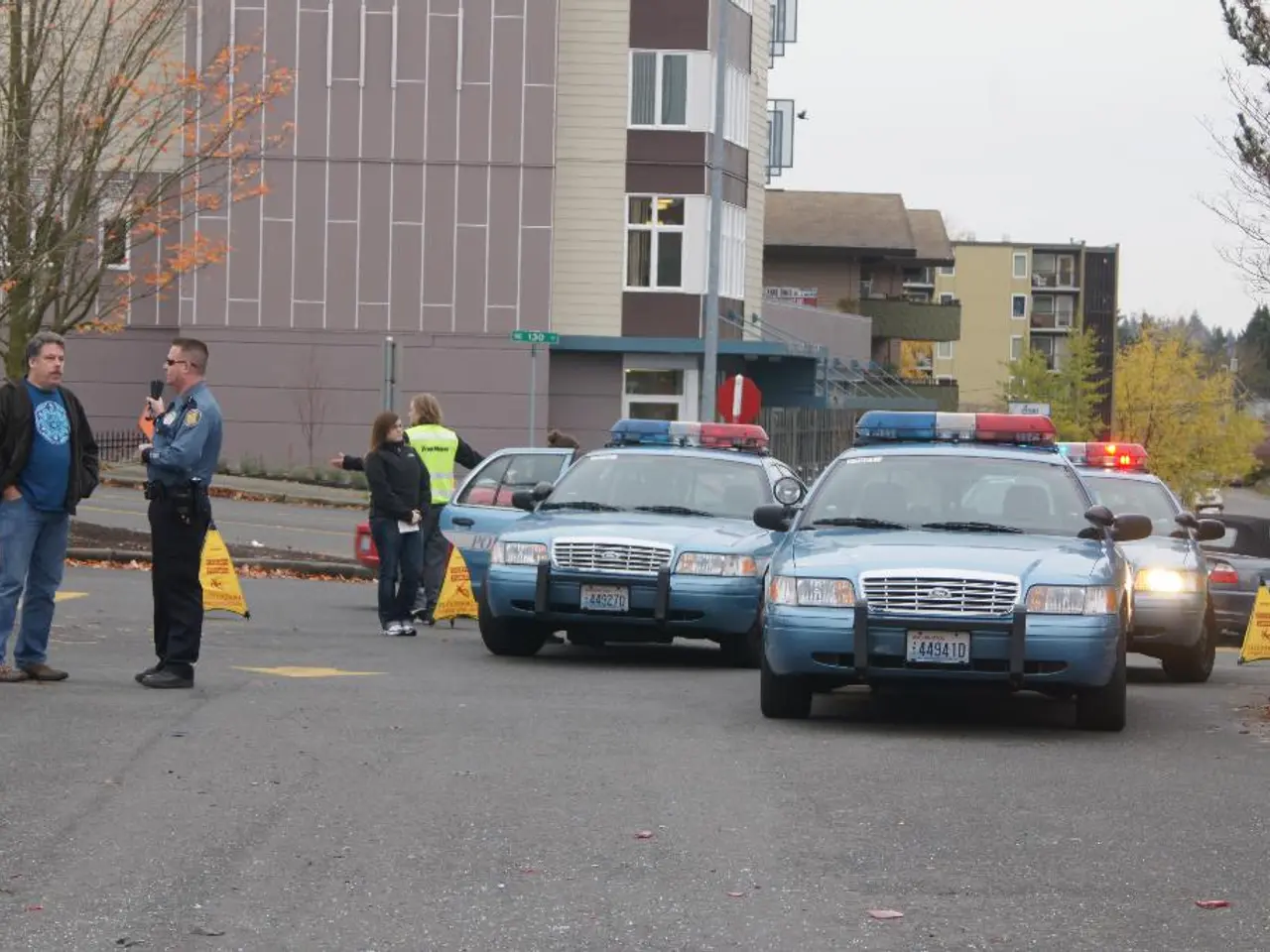Discontinue the finger-pointing, initiate dialogue: Matiang'i's message
In a series of public addresses, former Interior Cabinet Secretary Dr Fred Matiang'i has urged the Kenyan government to initiate national dialogue to address mounting public discontent. Dr Matiang'i, who has been traveling around the country, has witnessed an unprecedented level of anger among the public.
Addressing congregants, he implored President William Ruto and his Cabinet to abandon chest-thumping and instead champion peace by calling for a national dialogue. Dr Matiang'i stated that to imagine that nothing is wrong, that it's business as usual, honestly, you would have to be a very strange person.
His calls come in the wake of deadly protests, ethnically motivated or otherwise, which have rocked the nation. Dr Matiang'i ridiculed government officials who tried to downplay the protests, warning that dismissing the grievances of Kenyans, particularly the youth, risks deepening the crisis.
MP Wamuchomba condemned the use of force against demonstrators and emphasized that guns, bullets, and tear gas would not solve the crisis. Instead, dialogue is necessary to resolve the stalemate. MP Wamuchomba also warned that police brutality would fuel further anger and resistance.
Meanwhile, the current status of national dialogue initiatives in Kenya reflects active efforts to foster inclusive political engagement and address public discontent through multiparty dialogue and civic participation programs.
The Strengthening Inclusive Democratic Political Actors in Kenya (SIDPAK) program, implemented by the Netherlands Institute for Multiparty Democracy (NIMD) along with partners such as The Oslo Center and the Danish Institute for Parties and Democracy, has been running multiparty dialogues at national and county levels focused on reforms and political inclusion. This initiative also promotes citizen engagement through People's Dialogue Festivals and Democracy Academies for newly elected leaders.
The government and civil society continue to advance open government and transparency initiatives, exemplified by the 2025-2027 Action Plan in Nandi County, which emphasizes coordination and resource mobilization to support open governance and equitable policy implementation.
Kenya also marked the International Day for Dialogue among Civilizations in June 2025, emphasizing the importance of dialogue in fostering understanding among diverse communities and promoting peace.
However, while these programs and dialogues indicate ongoing institutional efforts to engage political actors and citizens constructively, there is no specific recent report of a singular, large-scale national dialogue convened solely to address recent protests or mounting public discontent. Instead, Kenya appears to be leveraging a combination of multi-stakeholder dialogue platforms, political party strengthening, and cultural dialogue events to manage tensions and promote inclusive political processes.
Amidst this, the country continues to grapple with other challenges. Boniface Kariuki died from gunshot injuries after 12 days in ICU. The Sh2.4 billion property of Koinange is set to be auctioned. A blogger named Ndiang'ui went missing after a viral post on protests. There is disquiet as KDF officers begin to pay for their meals in barracks.
And yet, amidst the chaos, a new trend is emerging. Gen Z women are taking to the front line in anti-Finance Bill protests, demonstrating a newfound assertiveness and activism.
Dr Matiang'i's calls for national dialogue echo the sentiments of many Kenyans who believe that dialogue is the key to resolving the current crisis and fostering a more peaceful and inclusive society. As the country navigates these challenging times, the need for dialogue and understanding has never been more pressing.
- Dr Matiang'i's calls for national dialogue emphasize the urgency to resolve the current crisis and foster a more peaceful and inclusive society in Kenya.
- The Kenyan government, numerous officials, and political parties are engaging in dialogue initiatives, such as multiparty dialogues, civic participation programs, and cultural dialogue events, to address public discontent.
- In addition to political unrest, Kenya is dealing with various issues, including car accidents, fires, and crime-and-justice cases, which have raised a sense of apprehension among citizens.
- Recent events, such as deadly protests and ethnically motivated incidents, have pointed towards the necessity for a single, large-scale national dialogue to address the mounting public discontent.
- Dialogue is considered crucial in fostering understanding among diverse communities, promoting peace, and managing tensions in Kenya, as exemplified by the International Day for Dialogue among Civilizations.
- Yet, the need for a focused, comprehensive national dialogue on the crises at hand, such as the recent protests, is still apparent, given that the efforts so far seem fragmented across multiple dialogue platforms and initiatives.
- Amidst this complex scenario, there are glimmers of hope, with young women from Gen Z leading anti-Finance Bill protests, demonstrating a newfound assertiveness and activism in Kenyan society.






